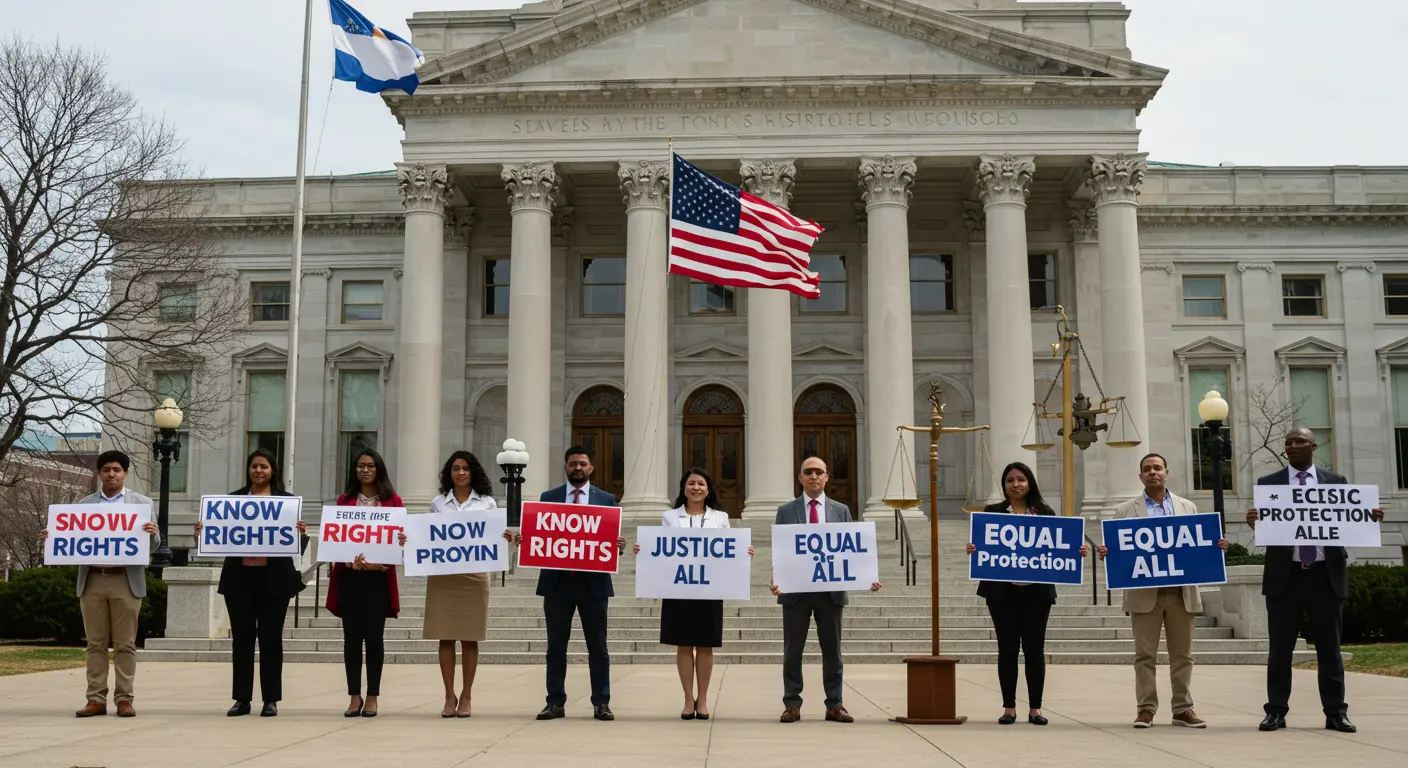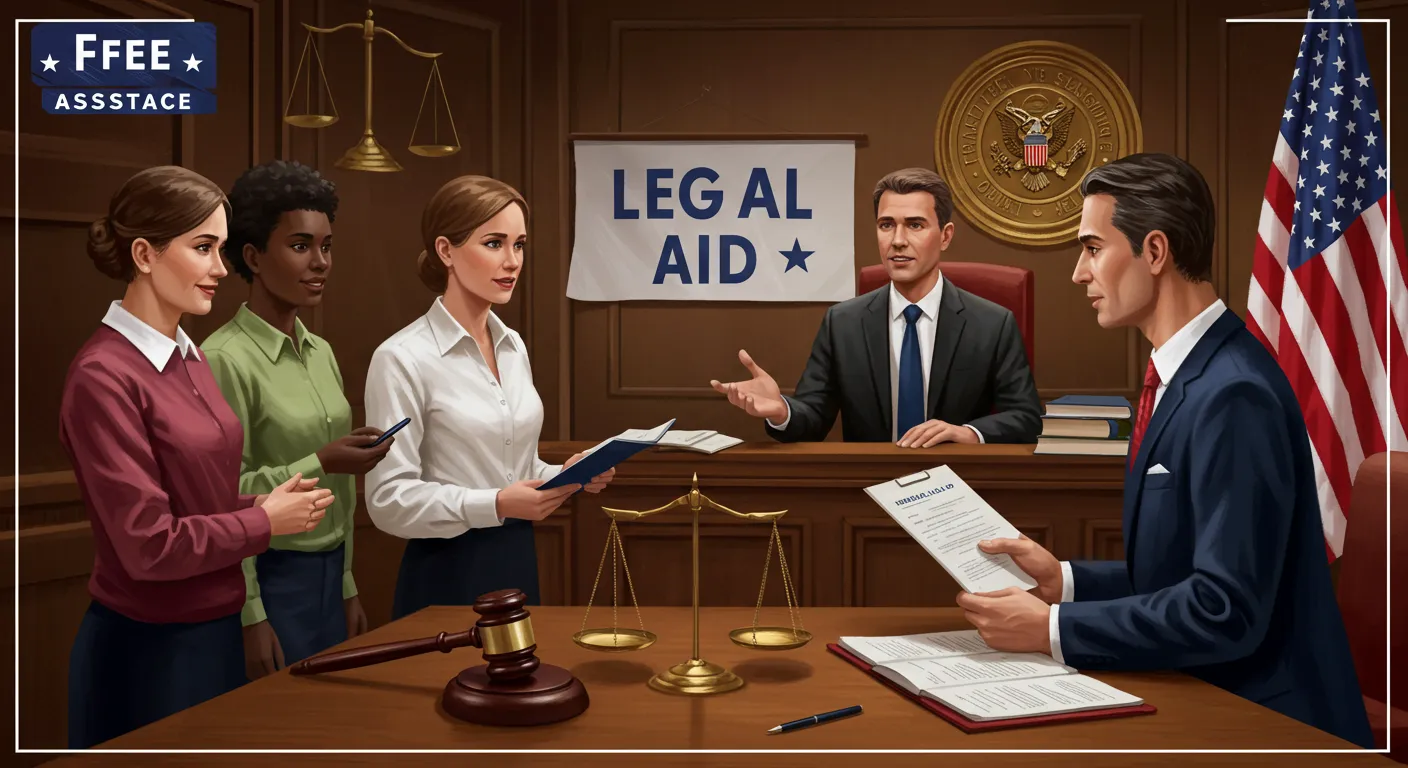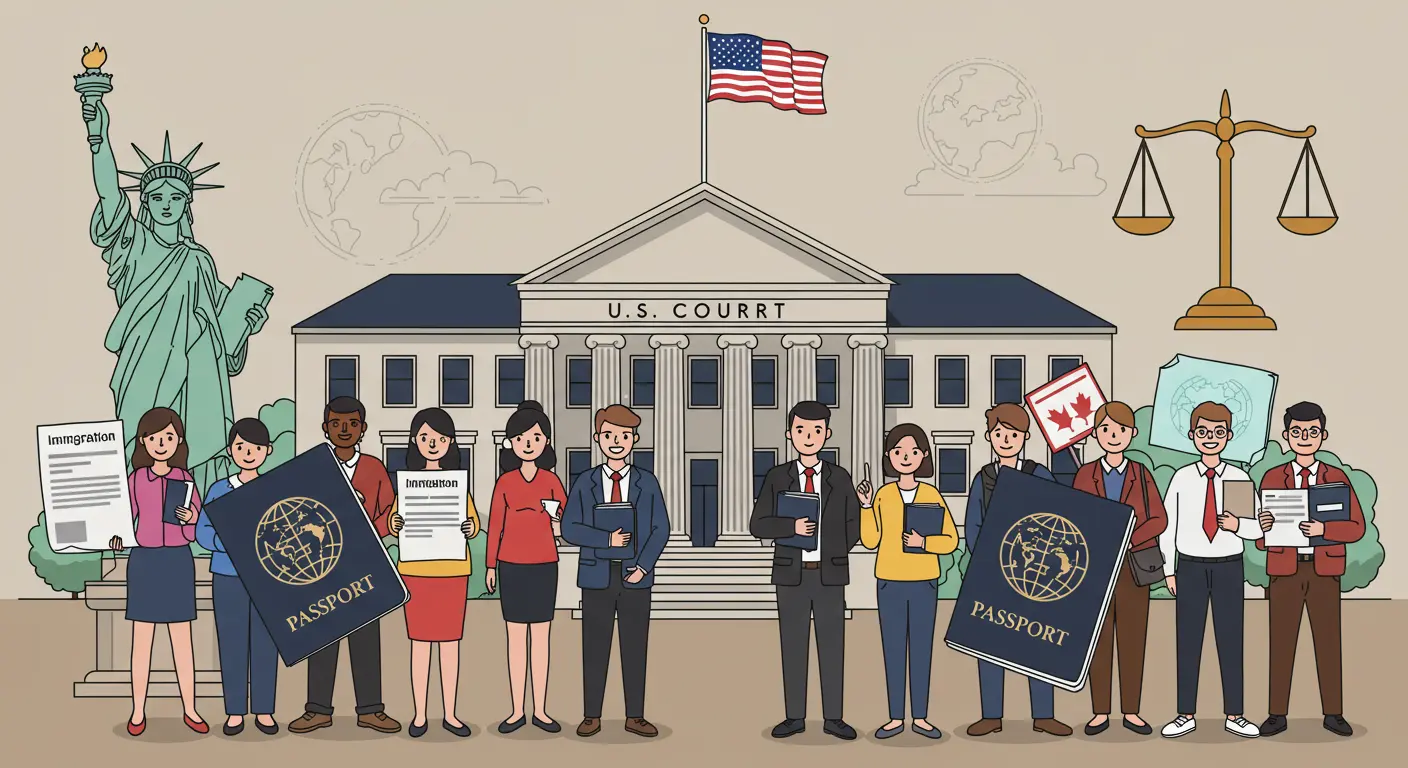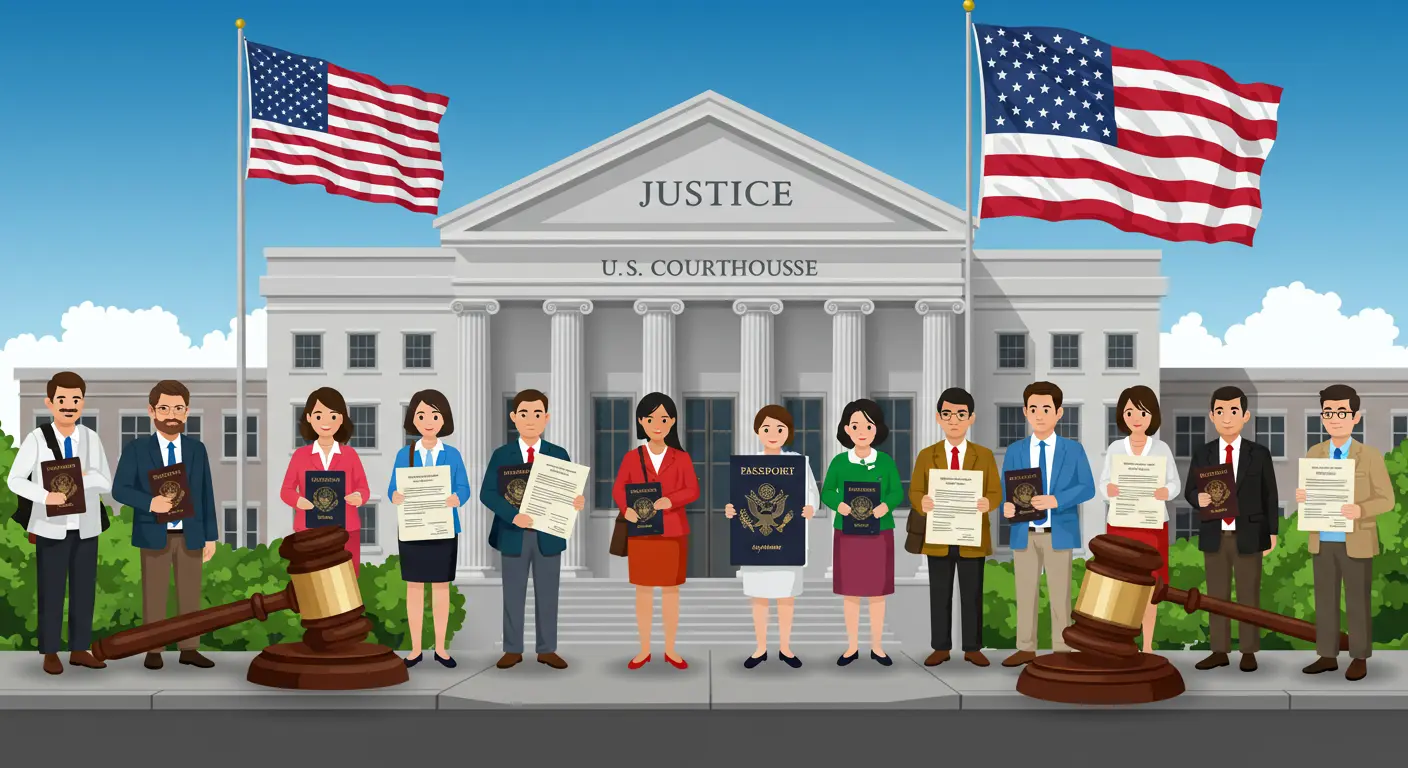Understanding legal rights in the United States is essential for citizens, residents, and visitors alike. Whether you are a U.S. citizen, a green card holder, or a foreign national, knowing your rights can help protect you from injustice, discrimination, and unlawful treatment.
The U.S. is known for its commitment to civil liberties, with a legal system grounded in the Constitution. In this article, we explore the major legal rights in the United States, explain how they apply, and provide helpful tips to ensure you know what you’re entitled to.

What Are Legal Rights?
Legal rights are protections and entitlements granted by law. In the U.S., many core rights are enshrined in the U.S. Constitution, particularly in the Bill of Rights (the first ten amendments). These rights apply to all individuals within U.S. jurisdiction, not just citizens.
Legal rights in the United States fall under various categories:
-
Constitutional rights
-
Civil rights
-
Criminal rights
-
Labor and employment rights
-
Property rights
Key Legal Rights in the United States
Here’s a breakdown of the most fundamental rights that people in the U.S. should be aware of:
1. Freedom of Speech and Expression
Guaranteed by the First Amendment, you have the right to express your opinions, protest, or practice journalism—within legal boundaries. Hate speech, threats, and incitement to violence are not protected.
2. Freedom of Religion
You have the right to practice any religion—or none at all—without government interference. This is a major principle of religious freedom in the U.S..
3. Right to Due Process
Under the Fifth and Fourteenth Amendments, individuals are guaranteed fair treatment through the judicial system, including a fair trial, the right to an attorney, and protection against self-incrimination.
4. Right to Privacy
While not explicitly stated in the Constitution, the right to privacy is recognized through various laws. You have protection from unreasonable searches or seizures, especially in your home or personal data.
5. Right to Remain Silent
Protected by the Fifth Amendment, this right allows individuals to refuse answering questions during police interrogation to avoid self-incrimination.
6. Right to an Attorney
If you’re accused of a crime, you have the right to a lawyer. If you cannot afford one, the government must provide a public defender.
7. Equal Protection Under the Law
The Fourteenth Amendment guarantees all individuals equal protection regardless of race, religion, or gender. Discrimination by public institutions is unlawful.
8. Labor and Employment Rights
Workers in the U.S. are entitled to:
-
Fair wages
-
A safe work environment
-
Protection against discrimination and harassment
-
Overtime pay (in many jobs)
These are enforced by laws like the Fair Labor Standards Act (FLSA) and Title VII of the Civil Rights Act.
Legal Rights for Foreigners and Immigrants
Many legal rights in the United States also apply to non-citizens, including undocumented immigrants. These include:
| Right | Applies to Foreigners? | Notes |
|---|---|---|
| Freedom of Speech | ✅ Yes | Applies to all people on U.S. soil |
| Right to a Fair Trial | ✅ Yes | Includes right to attorney and due process |
| Right to Remain Silent | ✅ Yes | Protects against self-incrimination |
| Voting Rights | ❌ No | Only U.S. citizens may vote in federal elections |
| Access to Education | ✅ Yes | All children, regardless of status, can attend public school |
Foreign nationals should know that breaking certain laws—even minor ones—can affect their visa or immigration status.
Why Knowing Your Legal Rights in the U.S. Matters
Understanding legal rights in the United States can:
-
Protect you from police misconduct
-
Help you avoid scams and exploitation
-
Allow you to advocate for yourself in court or at work
-
Reduce the risk of wrongful detention or deportation
-
Empower you to make informed decisions about your life
If you’re ever in a legal situation, invoke your rights politely. For example, if stopped by police, you can say:
“I am choosing to remain silent. I want to speak to an attorney.”
How to Exercise Your Rights Safely
Here are practical ways to exercise your rights without escalating situations:
-
Stay calm and respectful when asserting your rights.
-
Record interactions, where allowed by state law.
-
Document incidents of workplace or housing discrimination.
-
Know when to speak—and when not to.
-
Seek legal assistance from a qualified lawyer or legal aid organization.
Common Myths About Legal Rights in the U.S.
Let’s clear up some common misconceptions:
-
❌ Myth: Only citizens have rights in the U.S.
✅ Fact: Most rights apply to anyone physically present in the country. -
❌ Myth: Police must always tell you your rights.
✅ Fact: They’re only required to do so during custodial interrogation. -
❌ Myth: You can be fired for any reason.
✅ Fact: Firing someone based on race, religion, or gender is illegal.
Frequently Asked Questions (FAQs)
Q1: Do legal rights differ by state?
Yes. While many rights are guaranteed federally, states can provide additional protections (but not fewer). For example, some states protect LGBTQ+ rights more comprehensively than others.
Q2: Can undocumented immigrants sue or be sued?
Yes. Even if you are undocumented, you still have the right to go to court in civil matters like unpaid wages, personal injury, or housing disputes.
Q3: What should I do if my rights are violated?
You can:
-
File a complaint with the appropriate government agency (e.g., EEOC, OSHA)
-
Contact a civil rights organization
-
Hire a lawyer
-
Document everything immediately
Q4: What legal rights do I have when arrested?
You have:
-
The right to remain silent
-
The right to an attorney
-
The right to know the charges against you
-
The right to a fair and speedy trial
Q5: Can legal rights be taken away?
Some rights, like voting, can be suspended under specific conditions (e.g., felony convictions), but most core rights are protected unless lawfully restricted.
Final Thoughts
The legal rights in the United States are designed to protect freedom, fairness, and justice. Whether you’re a citizen, immigrant, or visitor, knowing your rights helps you live confidently and safely in the U.S.
By staying informed and respectful of the law, you can assert your rights when necessary and ensure that no one—government official, employer, or landlord—takes advantage of your lack of knowledge.



